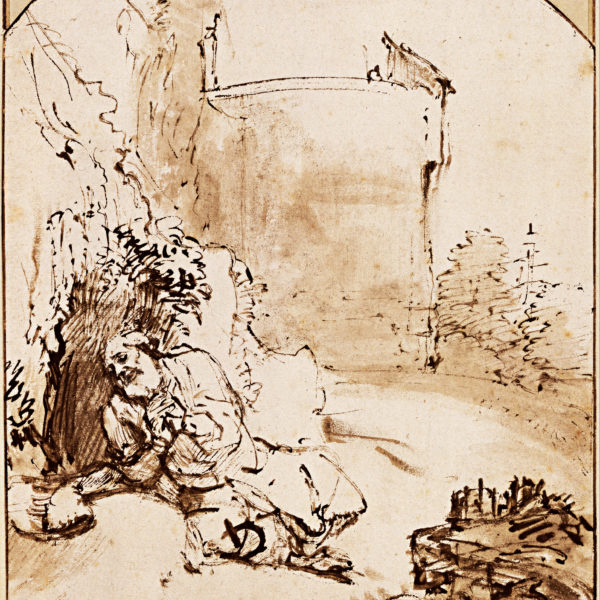
As we enter a new election season with our polarized political communities occupying different epistemologies and worlds, it remains an open question what it will look like for us to cultivate a better politics. We are caught in a riptide, being pulled further apart with few resources at our disposal for anything other than the zero-sum game we’ve inherited. The Jonah story, however, offers a different kind of political imagination, where God confronts and offers grace to enemies by putting them into contact with one another. This multi-layered grace introduces moral complexity and political uncertainty, but it also opens the door to a world not entirely determined by scarcity and competition.

The God present in the book of Jonah is a God who never gives up hope on anyone, even those who have perpetrated the worst evils. Also, the God present here is a God who demands that we repent thoroughly, completely, and without reservation. This is not a cheap reconciliation, but a very costly one indeed.

The prophet Jonah receives a lesson about the richness of God’s grace and our duty to welcome it, not only in our own lives, but also in the lives of our enemies.
